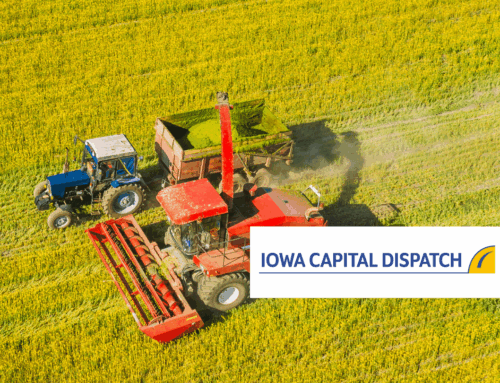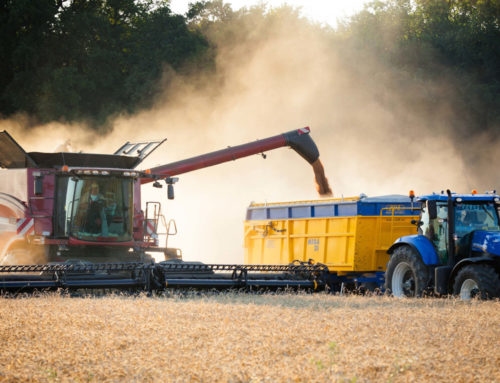At today’s House Agriculture Appropriations Subcommittee hearing on the USDA Office of the Inspector General (OIG) Budget, Inspector General Phyllis Fong stated that OIG is investigating the highly subsidized federal crop insurance and farm subsidy programs since they are prone to waste, fraud, and abuse, and USDA has not conducted proper oversight. Several lawmakers asked questions about issues that TCS tracked throughout the recent farm bill debate. Representatives Pingree (D-ME) stressed the importance of investigating crop insurance and farm subsidy fraud, waste, abuse, and improper payments. USDA’s OIG recently found that crop insurance and farm subsidy programs are among 16 USDA’s programs most “susceptible to significant improper payments.” According to the report, in Fiscal Year 2012, USDA could have “avoided approximately $74 million in improper payments by meeting [agency-wide] reduction targets.” Ms. Fong said that when fraud is identified in crop insurance and farm subsidy programs, the cases tend to be worth millions of dollars.
Rep. Fortenberry (R-NE) raised a similar issue, suggesting that USDA OIG take a closer look at farm subsidy payment limitation and actively engaged in farming rules. The Government Accountability Office (GAO) and USDA’s OIG have warned that agribusinesses – even multimillionaires – set up separate business entities to exploit loopholes and maximize taxpayer subsidies. GAO reported last year that USDA isn’t properly enforcing current regulations that require farm subsidy recipients to be “actively engaged in farming,” and because most Farm Service Agency offices didn’t complete compliance reviews on time, farm payments may have been made to ineligible recipients. Non-farmers and landowners from New York City to Los Angeles receive taxpayer subsidies through these loopholes, which were unfortunately not closed in the 2014 farm bill signed into law in February, despite a majority of support in both the House and Senate. Entrenched special interests convinced Agriculture Committee leaders to strip these common sense, money saving provisions at the eleventh hour behind closed doors. Committee leaders also deleted a narrow requirement that would have publicly disclosed the names of lawmakers and Cabinet Secretaries receiving federal crop insurance subsidies. Ms. Fong assured him that OIG would explore payment limitation and actively engaged rules again next year.
We hope USDA will begin to rein in taxpayer subsidies to non-eligible recipients, but given the agency’s poor track record, lawmakers must continue to step in to address the problem.










